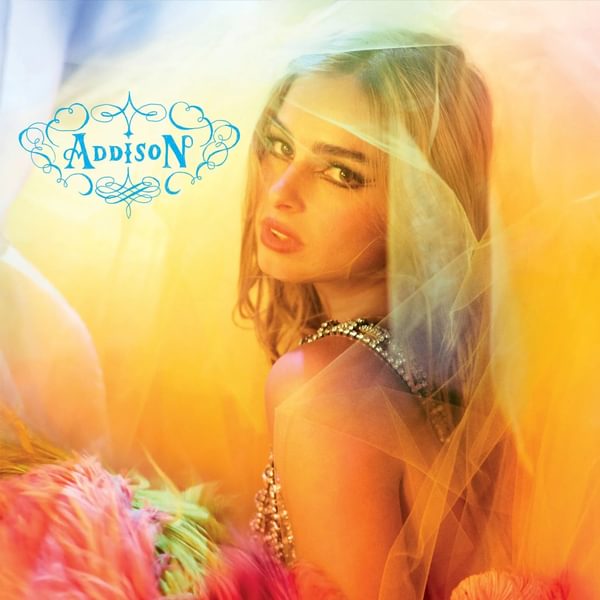
Digging away beyond the algorithm at Primavera Pro
At Primavera Sound's international meeting point for the music industry, Max Gayler finds out why artists and labels are going back to authenticity.
In a year when every algorithm claims to know you better than you know yourself, this year’s programme at Primavera Pro circled around one existential knot: when platforms are ever-hungrier and audiences are scattered across continents, does the very concept of “authenticity” feel like a brand strategy?
Held once again in the sun-drenched rooms and terrazas of the CCCB in Barcelona, Primavera Pro 2025 becomes a gathering not just of professionals – over 3,200 of them – but of people visibly wrestling with the contradictions of the modern music ecosystem over three days of conferences, networking activities and showcases. If last year’s sessions turned a spotlight on curatorship and fandom, this year widened the lens to examine the identity of the artist. Not just as a creator, but as a worker, a brand, a community builder, and a person navigating systems that often seem indifferent to personhood.
There’s a tension humming underneath the surface here between intimacy and scale, between DIY ethics and data-driven outcomes, between self-expression and survival. Whether that tension breaks you or builds you might depend on where and how you enter the game.
“We’re trying to reinvent what it means to be an indie artist,” said Secretly Group A&R Director Lau Frías, in one of the conference’s early sessions on new approaches to artist development. “It’s amazing that an artist can reach so many people now, but it also creates an imbalance—this extra layer of expectation around what it takes for fans to be all in. Nothing beats human connection.”
That idea, that real growth can’t be gamified, felt like a subtle through-line across the week. In the same session, OPIA Community co-founder Hildur Maral doubled down on the long game. “Everyone says TikTok is mandatory but if you start following an artist from the beginning, you’re a superfan. That’s who we’re focused on. Those are the people we want to engage with. We’ve even ended up signing two artists who were introduced to us through our Discord server.”
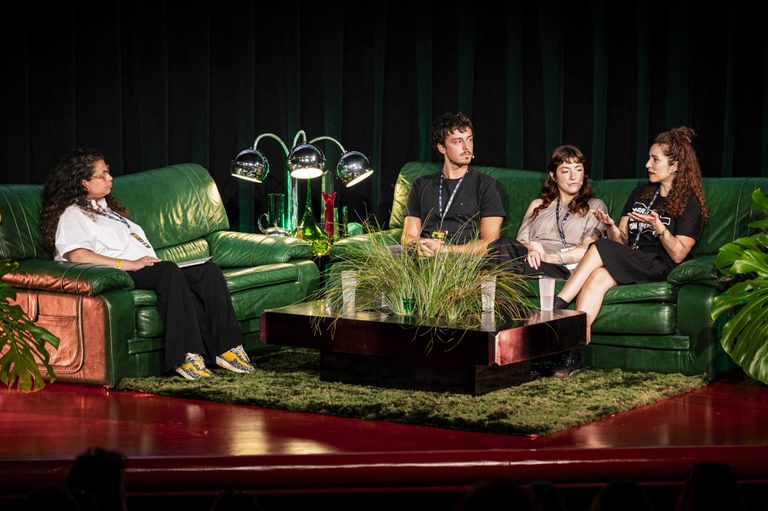
If the algorithm feels like a tidal wave, some are trying to find the rip currents. Felipe Martinez, who has spent the last few years tracking so-called “trigger cities”—regions where a single spark can lead to global breakout—offered up one of the most memorable case studies of the conference.
“In 2019, TikTok wasn’t anything like it is now,” he explained. “We found Facebook pages in the Philippines that were posting lyric videos. We started campaigning a song there for a Danish artist called Maximilian, this young blue-eyed guy with sad pop songs. It went from 2,000 streams a day to 400,000. He went number one across Asia. Since then, we’ve been building an agency around markets like Southeast Asia and South America.”
It was a quietly radical notion: that knowing your fans might be more powerful than trying to game a global algorithm.
It was a reminder that growth, especially outside of Western industry capitals, is often built not just on content, but context. Knowing where your music lands best, and who’s actually listening, can still trump platform strategy.
But knowing where to go is only part of the story. Knowing how to be once you get there is something else entirely. In a thoughtful, sometimes confrontational session titled Is authenticity dead? Crafting narratives for a lasting audience connection, a panel of artists, managers and label figures took a scalpel to the contradictions of modern identity-building.
“It seems like you need to go outside of what’s comfortable for you as a person just to be authentic as an artist,” said producer Arina Logacheva, recalling a conversation with Caroline Polachek about declining to post content around her recent fashion collaboration—while Charli xcx, by contrast, threw herself into it because the brand genuinely meant something to her.
“It’s different for everyone,” Logacheva added. “But it shouldn’t be a requirement.”
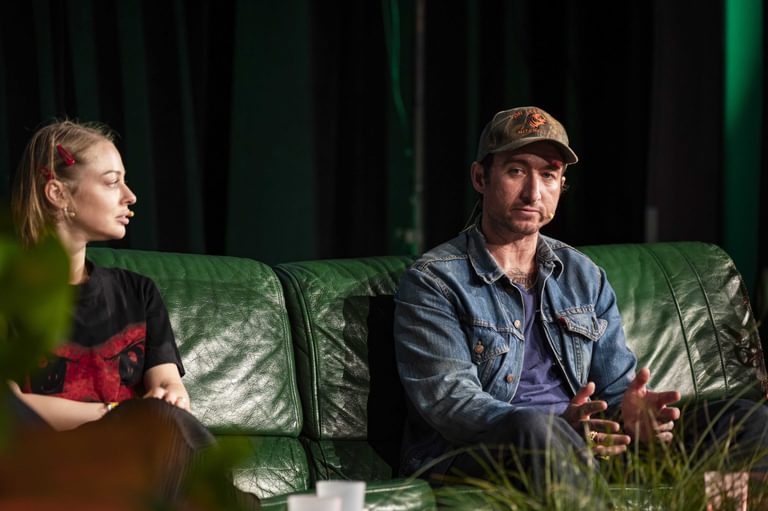
Andrew Mishko, now at the helm of the second act of PC Music, spoke plainly about the industry’s current expectation of instant return. “A lot has changed,” he said. “As a manager, you invest years in someone’s career, and this idea that an artist is meant to blow up instantly now? It’s so backwards. It may take ten years. Before social media, it did take that long to develop an artist. And I’m not entirely sure authenticity mattered in the ’50s either. There was one group of people writing songs for everyone.”
The word “authenticity” is having a strange decade. Once shorthand for acoustic guitars and anti-pop posturing, it’s now the battleground for something much deeper: how artists are allowed to be real in a space where being seen often requires performing something false.
The illusion of rapid ascent, manufactured by platform virality and playlist positioning, has warped even the most well-meaning ideas of success. That distortion and who profits from it took centre stage during Liz Pelly’s incisive keynote on streaming economics and the politics of platform culture following the global success of her damning report on Spotify, Mood Machine.
“If we’re talking about artist fairness, that’s always going to be focused on structures outside the music business,” she said. “That’s the way it’ll always be.”
Pelly, whose reporting on Spotify and algorithmic bias has become required reading for independent artists, spent much of her talk unpacking how systems like payola—long considered dead—have simply changed shape. She explains how streaming platforms like Spotify will actually offer artist a preferred spot in the algorithm in exchange for 30% of their royalties. For Pelly, this needs to be something protested by all musicians. “The power is in the collective voice,” she argued, “not in the pennies you’re missing out on by staying silent and not getting put on that playlist.”
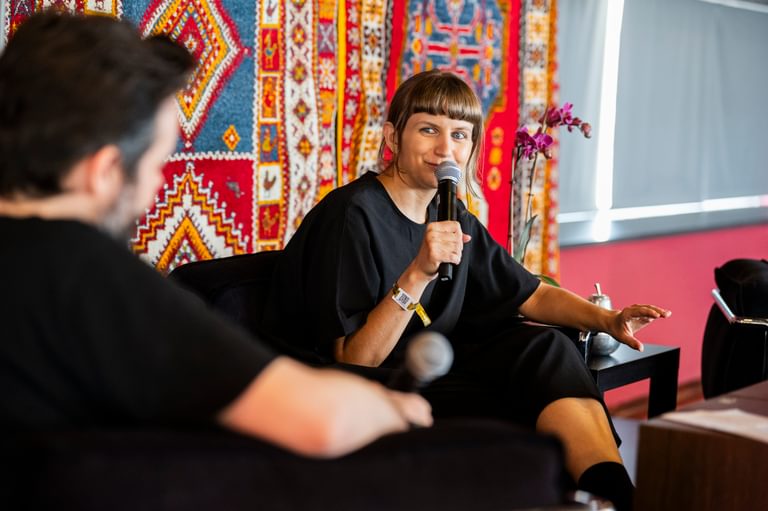
Her voice was calm, clinical almost. Which only sharpened the impact. Drawing from over a hundred interviews (including former Spotify employees), Pelly laid out a shocking but deeply human portrait of the artist-as-contractor in an economy built on abstraction. Her sharpest metaphor was the “press here for ethical consumerism” button—a nod to the way fans are often told to switch streaming services for moral reasons, when in reality, the system is wired to work against artist autonomy regardless of platform. So the answer is “no”, switching to Tidal does not absolve you of your streaming sins.
One of the more disturbing points came later: that in the United States, independent contractors including bands can’t legally form unions. “Some governments label them as cartels rebelling against the system in a dangerous way.”
Outside in the courtyard, things felt less existential but no less intimate. As the midday sun dipped behind the CCCB walls, the sounds of rising Catalan artists filtered through—GUINEU, xicu, okdw—offering a reminder that scenes still matter, that locality still has a pulse, even when the industry feels impossibly global.
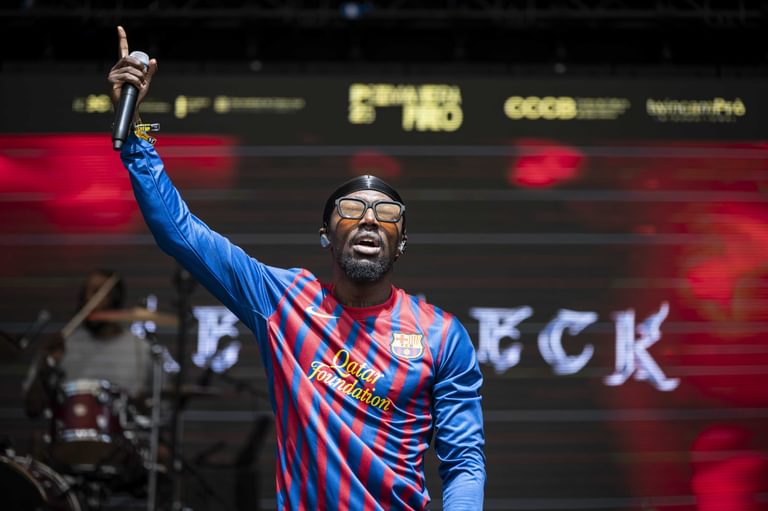
Welsh Music Price winner LEMFRECK made his Spanish debut to an energized crowd taking shelter in the shade while Hypnosis Therapy unloaded a frenzy of hard electronic genres on a mildly unprepared yet very much locked-in audience .
And just like that, the conference had found its groove—not in slick futurism, but in small, specific truths. Artists aren’t numbers. Growth isn’t a spreadsheet. And success, if it’s going to mean anything at all, has to make room for something deeper than reach.
And inside, in a quieter space carved out for reflection, another kind of power dynamic was being examined—not between artist and audience, but between artist and advertiser. The power of sound: exploring the psychology of music in advertising, a talk blending neuroscience, musicology and brand strategy, explored how melody and harmony function not just as artistic tools but as psychological instruments.
“What makes a melody trustworthy?” asked Sandra Bold, from VML Netherlands. “What does it mean when a harmony makes you feel nostalgic before the lyrics even land?” From Isabel Rodríguez-Reyes’ historical perspective to María Baena’s publishing insights, the talk blurred the lines between instinct and intention.
There was a strange comfort in hearing this complexity laid bare: that sound moves people, even when deployed for commerce, and that perhaps the truest thing an artist can do is to stay curious about what works, and why.
“Sound hits before meaning,” said Seppl Kretz of Magma Music Agency. “And when you’re working with brands, that’s actually a huge responsibility.”
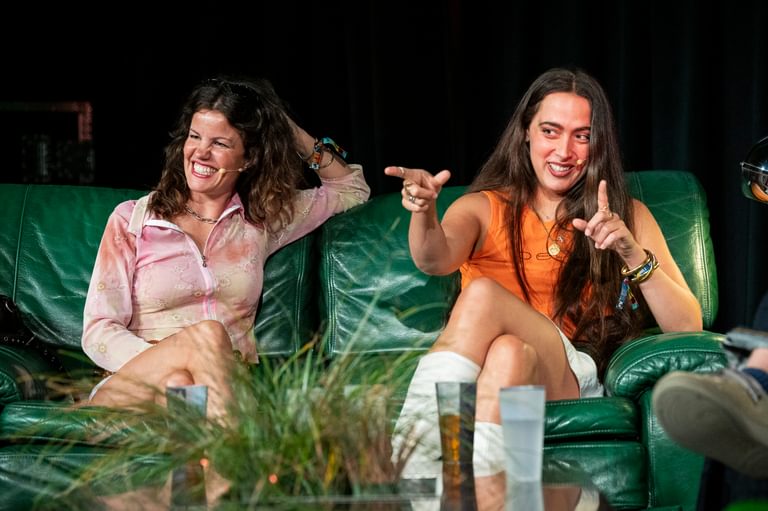
That sense of curiosity carried into the closing day, when Madrid’s indie darlings Hinds returned to Primavera Pro for a special live taping with Track Star. Carlotta Cosials and Ana Perrote were loose and laughing, reflecting on the hard-earned rebirth that fuelled their latest album VIVA HINDS. A project built on friendship, reinvention, and a kind of accidental wisdom.
“We just wanted to make something that felt like us again,” they said, echoing a sentiment that had quietly threaded its way through the entire week.
Across the courtyard debates, basement panels, and sun-drenched showcases, a single thread ran steady: the gap between what the industry measures and what artists actually need is still wide—but it’s no longer invisible.
And it wasn’t all theory. The live performances threaded between sessions, from Catalan newcomers to global showcases, gave form to the week’s thesis: that music still matters because it moves. Because it feels like something.
If last year’s Primavera Pro was about navigating noise, this year was about reclaiming signal. About making peace with the mess. About asking: how do we make this career path sustainable? Not just profitable, but livable?
Because beneath the hashtags, panels and playlists, what Primavera Pro 2025 truly made clear is that the music industry is still—stubbornly, surprisingly—human. And that might be the most radical idea of all.
Primavera Pro will return in 2026; find out more at primaverasound.com/primavera-pro
Get the Best Fit take on the week in music direct to your inbox every Friday
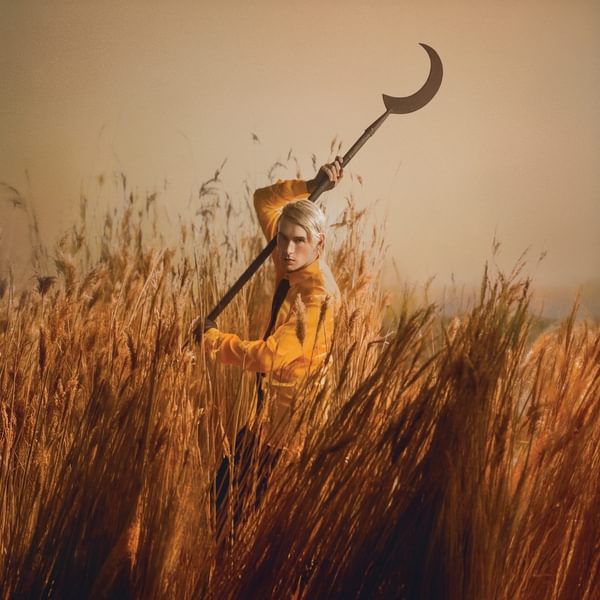
Patrick Wolf
Crying The Neck

Little Simz
Lotus





